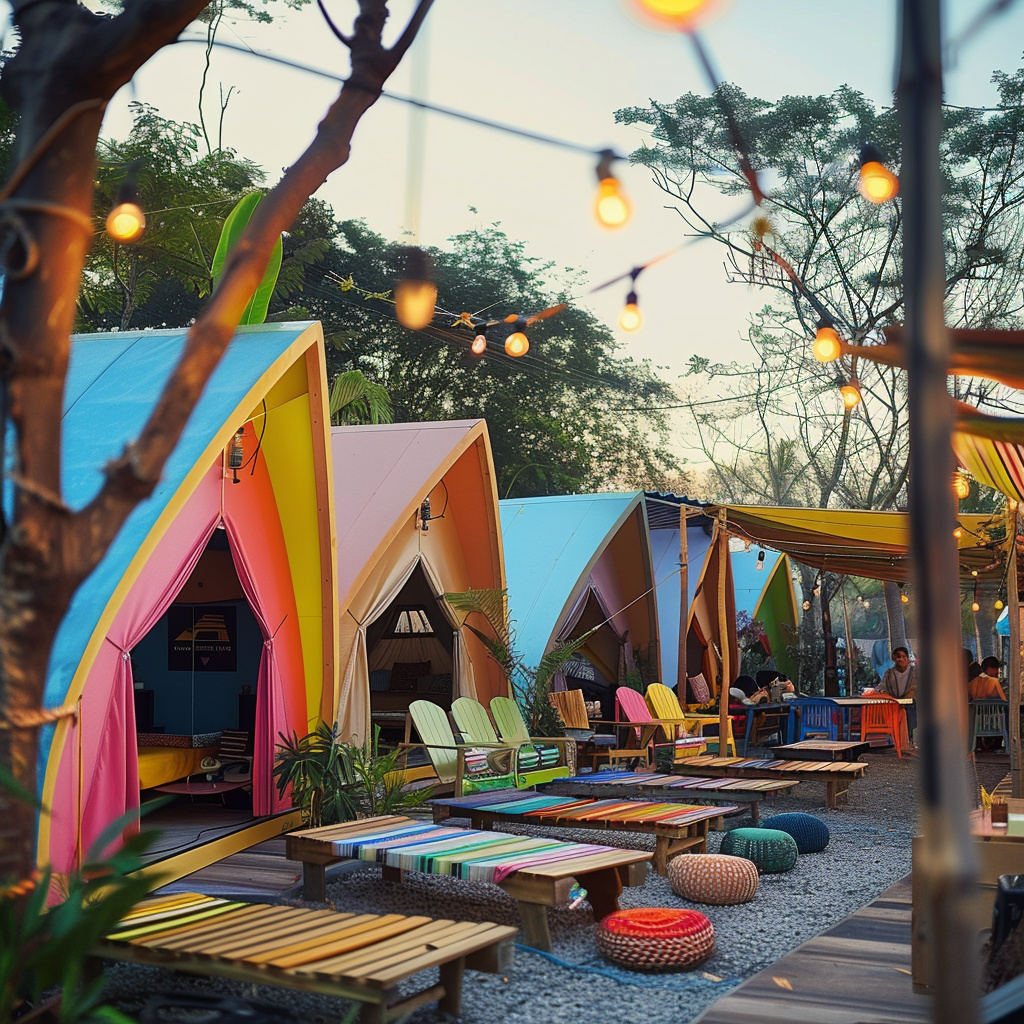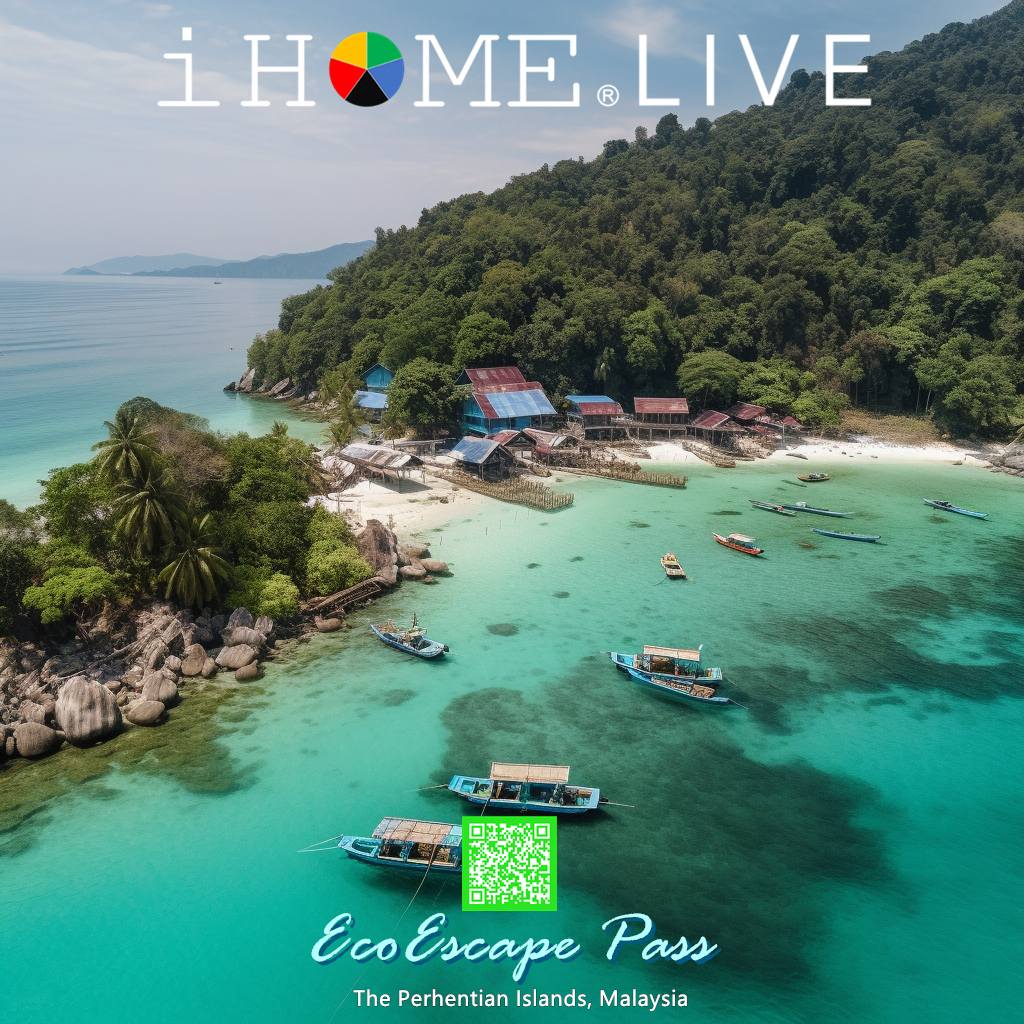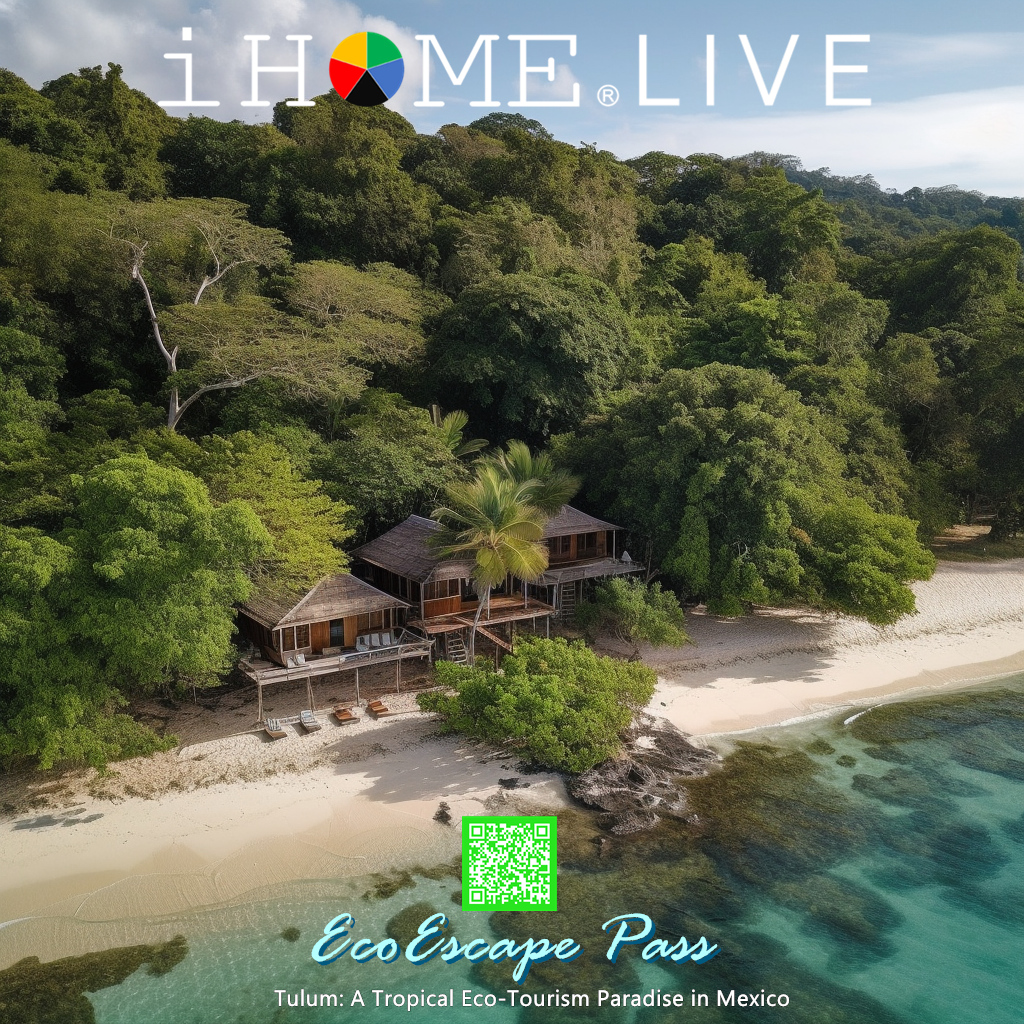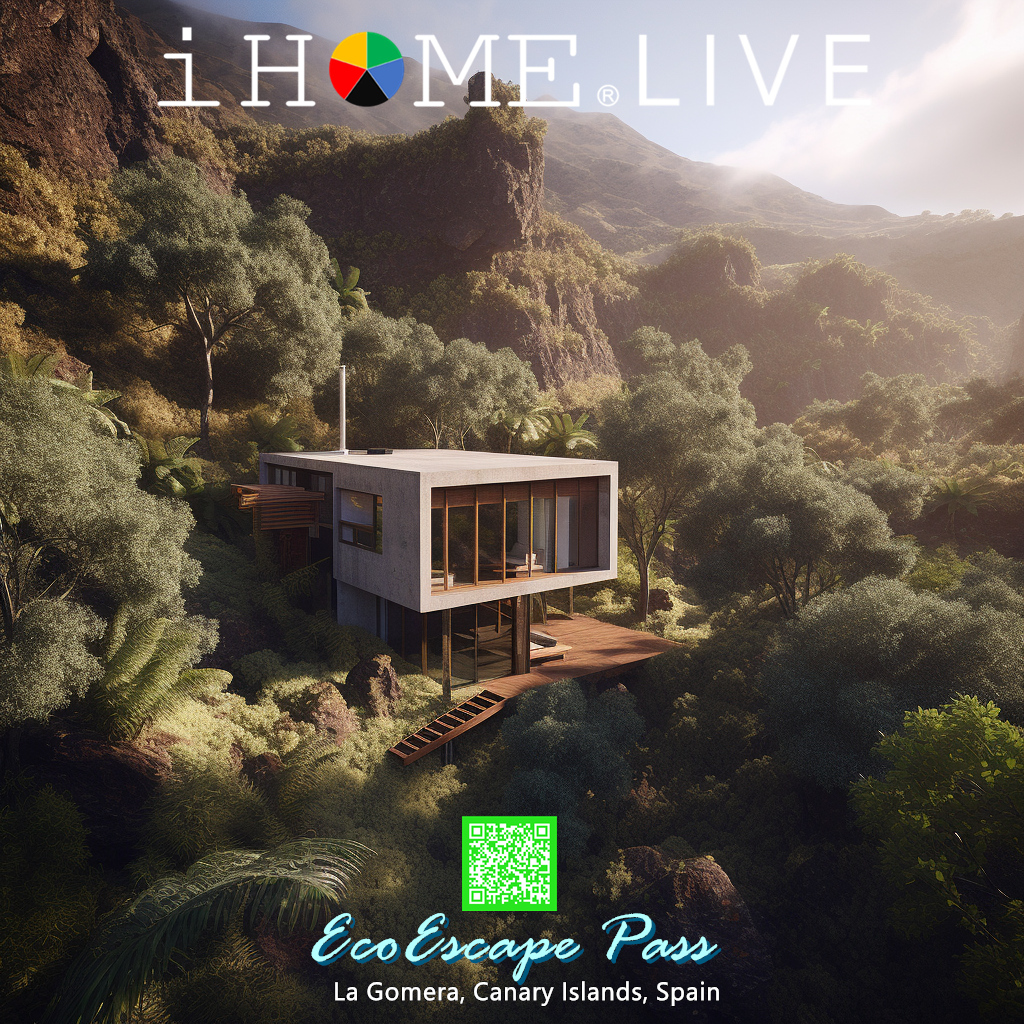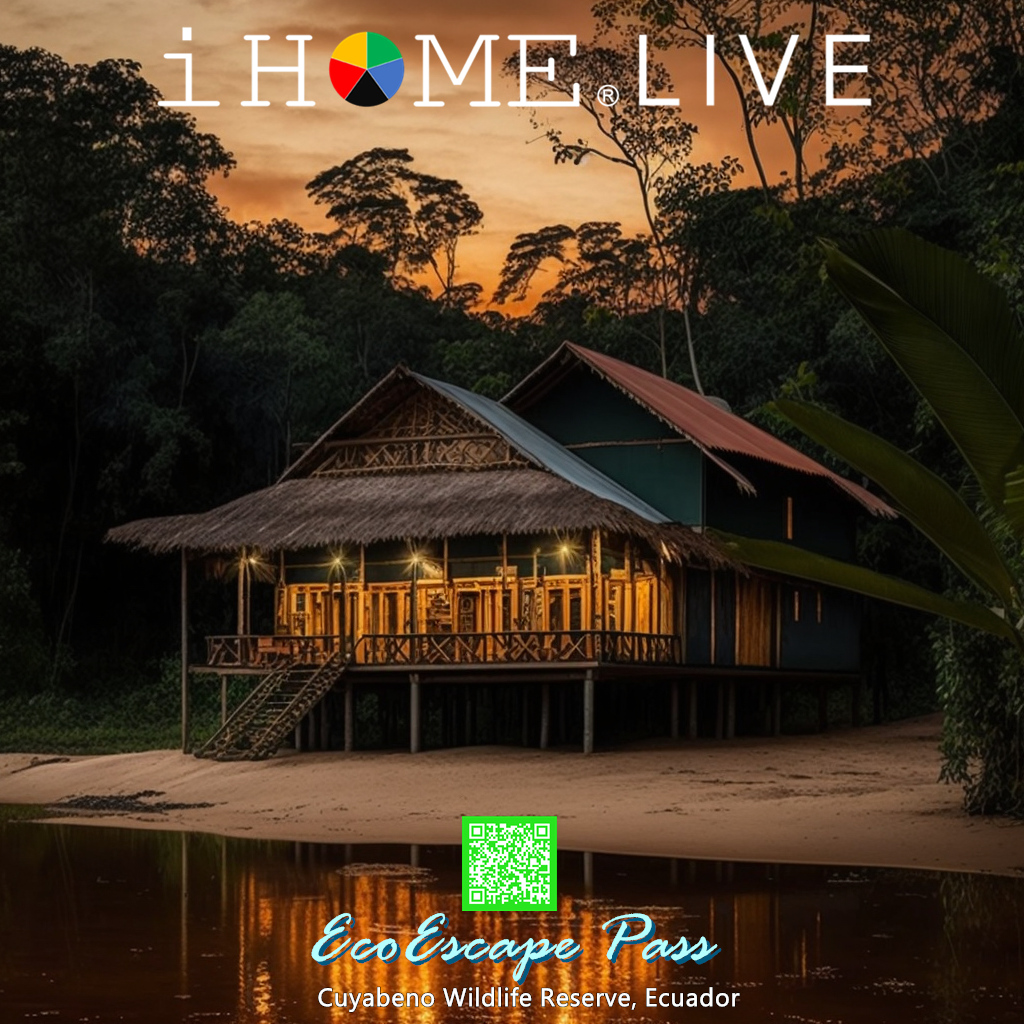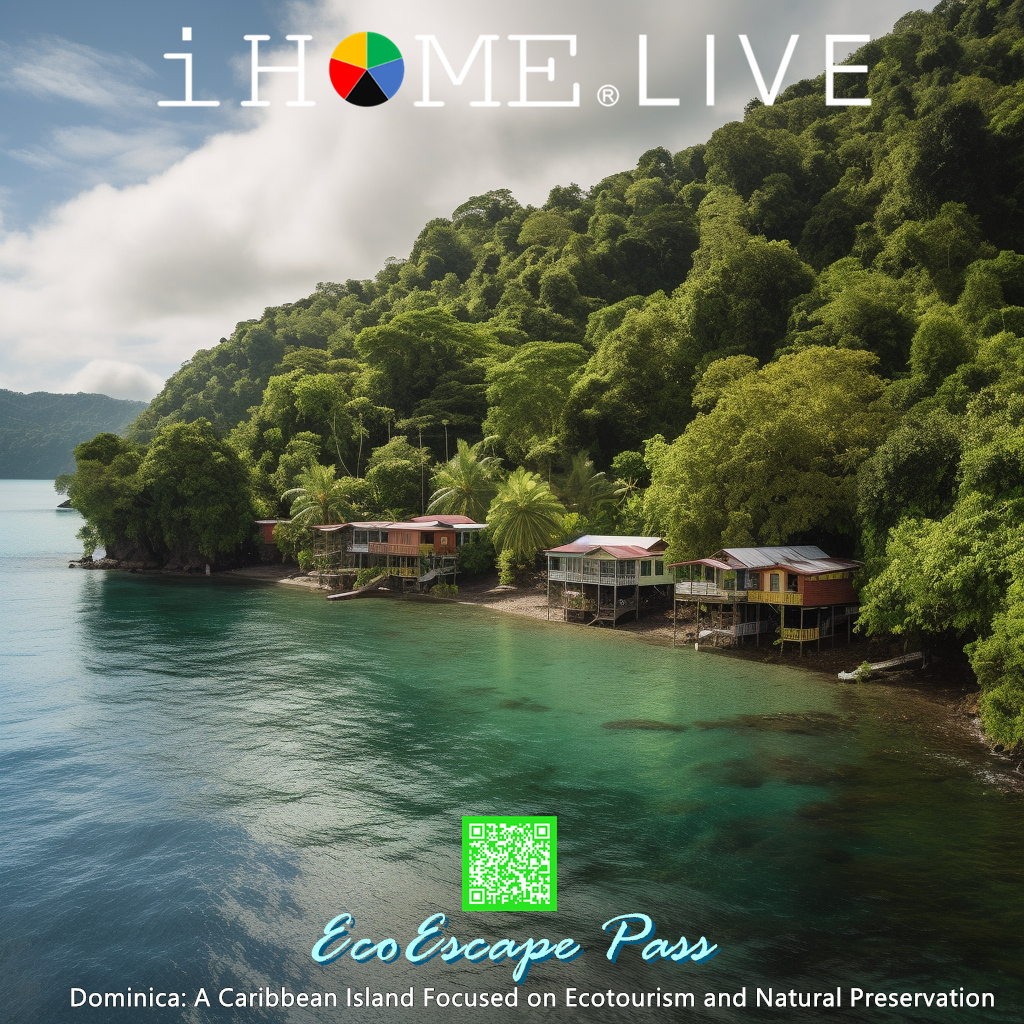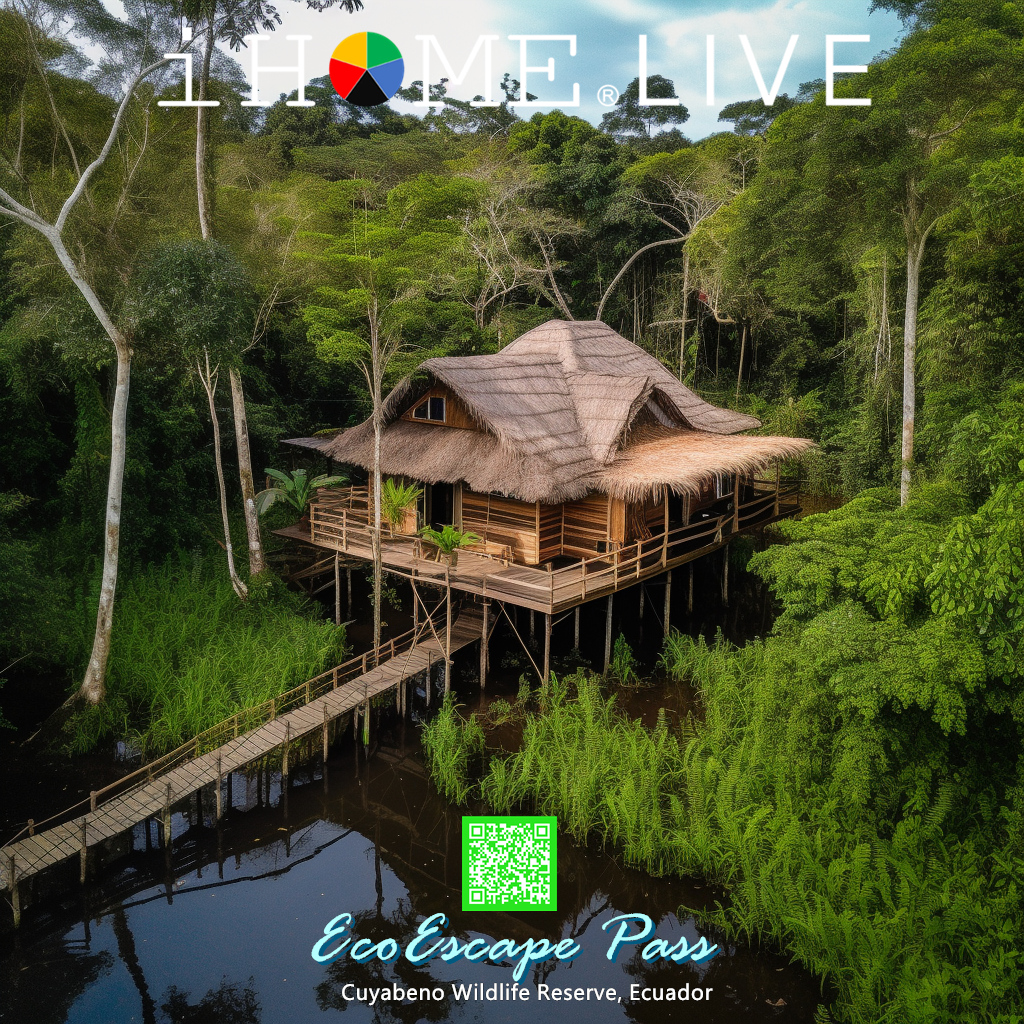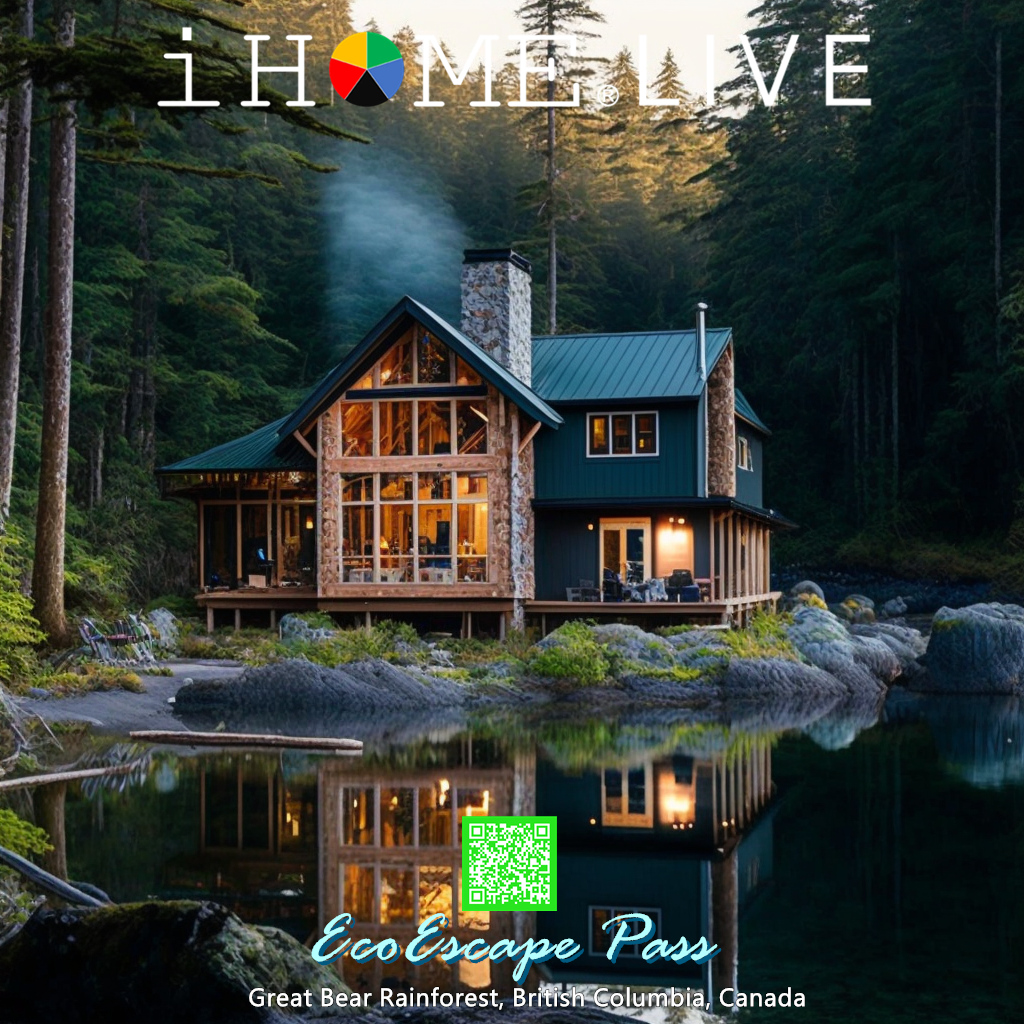Overview
Description:
The Okavango Delta in Botswana is one of the world’s most pristine and awe-inspiring wilderness areas. This unique inland delta, formed by the Okavango River, fans out into a maze of channels, lagoons, and islands, creating a lush habitat that supports a rich diversity of wildlife. Known as the “Jewel of the Kalahari,” the Okavango Delta is a haven for eco-tourism, offering visitors unparalleled opportunities for wildlife viewing, birdwatching, and immersive nature experiences in a sustainable and environmentally-conscious setting.
Eco Attractions:
- Moremi Game Reserve: Located in the eastern part of the delta, this reserve offers some of the best wildlife viewing opportunities in Africa.
- Mokoro Excursions: Traditional dugout canoe trips that provide an intimate way to explore the delta’s waterways.
- Chief’s Island: A prime location for spotting big game, including elephants, lions, and leopards.
- Tsodilo Hills: A UNESCO World Heritage Site with ancient rock art and cultural significance.
Visa and Residency Options
Visa Requirements
Types of Visas:
- Tourist Visa: Required for most visitors, allowing stays up to 90 days.
- Safari Visa: Tailored for those participating in extended safari and eco-tourism activities.
Application Process:
- Apply online through the Botswana Department of Immigration and Citizenship.
- Required documents include a valid passport, proof of accommodation, and return ticket.
Documentation and Eligibility:
- Valid passport.
- Proof of sufficient funds.
- Health insurance coverage.
Long-term Stay Permits
Extending Your Stay:
- Tourist visas can be extended by applying at local immigration offices.
- Options for longer stays through volunteering with conservation programs.
Application Details:
- Submit an application with necessary documentation at local immigration offices.
- Required documents include proof of ongoing projects and financial stability.
Long-term Options:
- Volunteering programs in conservation and wildlife management.
- Educational courses related to environmental studies.
Residency Options
Paths to Residency:
- Long-term residency for investors and skilled professionals contributing to conservation and eco-tourism projects.
Residency Requirements:
- Must meet health and character requirements.
- Proof of investment or employment in eco-friendly projects.
Transitioning to Permanent Residency:
- Continuous engagement in eco-tourism and conservation activities can support applications for permanent residency.
Living Conditions
Cost of Living:
- Accommodation: $500 – $1,500 USD per month for eco-friendly lodges or sustainable housing.
- Food: $50 – $150 USD per week, with a focus on local and organic produce.
- Transportation: $30 – $70 USD per week for eco-friendly transport options.
Infrastructure:
- Sustainable housing options and eco-friendly healthcare facilities are available.
- Reliable internet and co-working spaces for digital nomads, although connectivity can vary in remote areas.
Additional Details:
- Opening a bank account requires identification and proof of address.
- Local tax obligations should be explored through the Botswana Unified Revenue Service.
Community and Networking
Community Overview:
- A vibrant eco-conscious community focused on conservation and sustainable living.
Networking Opportunities:
- Regular community events and workshops centered on sustainability and wildlife conservation.
- Eco-tourism forums and local meetups.
Social Platforms:
- Facebook groups and local forums for eco-conscious travelers.
- Instagram pages dedicated to the Okavango Delta’s eco-lifestyle.
Eco-Friendly Activities and Attractions
Nature Reserves and Parks:
- Moremi Game Reserve: Offers guided safaris, birdwatching, and conservation activities.
- Chobe National Park: Known for its large elephant population and diverse ecosystems.
Guided Tours:
- Eco-friendly transport options for guided tours across the delta, often organized by licensed operators.
Wildlife Watching:
- Opportunities to see elephants, lions, leopards, hippos, and numerous bird species in their natural habitats.
Outdoor Activities:
- Mokoro excursions, guided walking safaris, bird watching, and boat cruises, all with a focus on minimal environmental impact.
Eco-Lodging:
- Recommended eco-lodges include Camp Okavango and Sanctuary Chief’s Camp.
Organic and Farm-to-Table Dining:
- Local dining options such as the lodge restaurants at Camp Okavango emphasize organic and sustainable practices.
Environmental Initiatives
Conservation Programs:
- Numerous local initiatives focused on wildlife protection, anti-poaching efforts, and habitat preservation.
Volunteer Opportunities:
- Opportunities to engage in environmental clean-up projects, wildlife monitoring, and community education programs.
Sustainable Living Workshops:
- Workshops on permaculture, eco-friendly practices, and sustainable living.
Community Gardens and Urban Farming:
- Participation in local community gardens and urban farming projects.
Cultural Insights
Local Customs:
- Emphasis on respect for nature and wildlife, intertwined with cultural traditions and practices.
- Strong community values and conservation-minded practices.
Language Tips:
- English is the official language, with Setswana widely spoken.
Safety and Laws:
- Adhere to local guidelines for wildlife interaction and environmental protection.
- Respect cultural norms, particularly around traditional ceremonies and practices.
Do’s and Don’ts:
- Do participate in eco-friendly activities.
- Don’t disturb wildlife or damage natural habitats.
- Follow the guidance of local guides and respect community norms.
Summary
Pros:
- Rich biodiversity and stunning natural landscapes.
- Strong conservation efforts and eco-tourism focus.
- Vibrant community with deep cultural and ecological values.
Cons:
- Remote areas with limited access to some modern amenities.
- Higher cost due to sustainable travel policies and eco-friendly accommodations.
Key Reasons:
- Unique wildlife encounters and pristine wilderness.
- Commitment to sustainability and conservation.
- Opportunities for eco-friendly activities and responsible travel.
Useful Contacts and Resources
Embassies and Consulates:
- Contact details for embassies and consulates can be found on the Botswana Government’s official website.
Local Government and Services:
- The Botswana Tourism Organization’s official website provides information on local services and support.
Essential Services:
- Websites like the Botswana Predator Conservation Trust offer resources for eco-friendly daily living.
Emergency phone numbers:
- Local emergency number: 999.
- Direct line to the nearest police station and medical facilities can be found on local government websites.
![Romania - Tiny house - [ Minimalist Retreats ] - Design Collectibles & Angel Membership (V1)](https://ihome.org/wp-content/uploads/2024/06/Slide19-300x300.jpg)

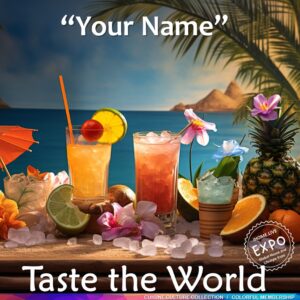

![Australia - Tiny house - [ Minimalist Retreats ] - Design Collectibles & Angel Membership (V1) (Copy)](https://ihome.org/wp-content/uploads/2024/06/Slide21-300x300.jpg)
